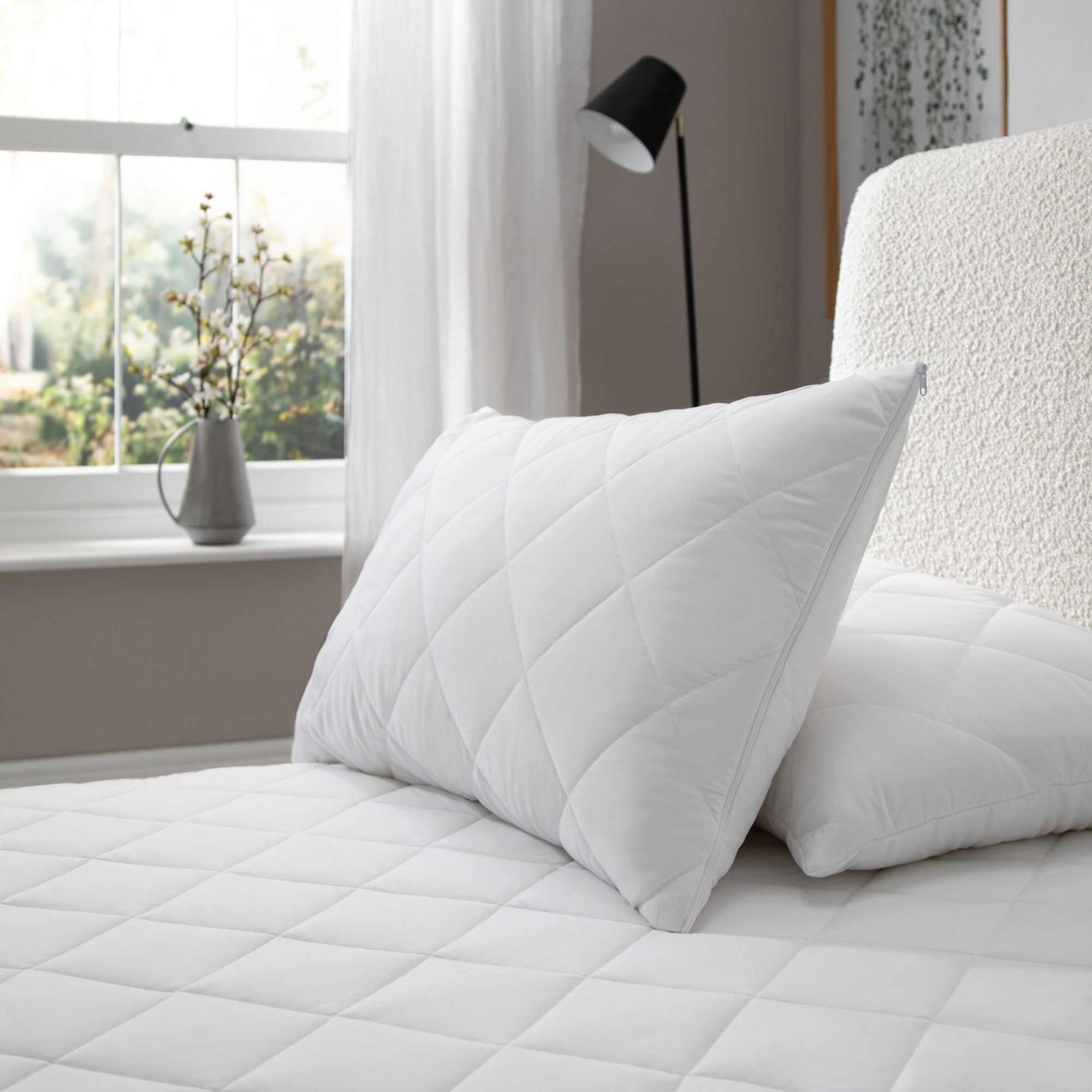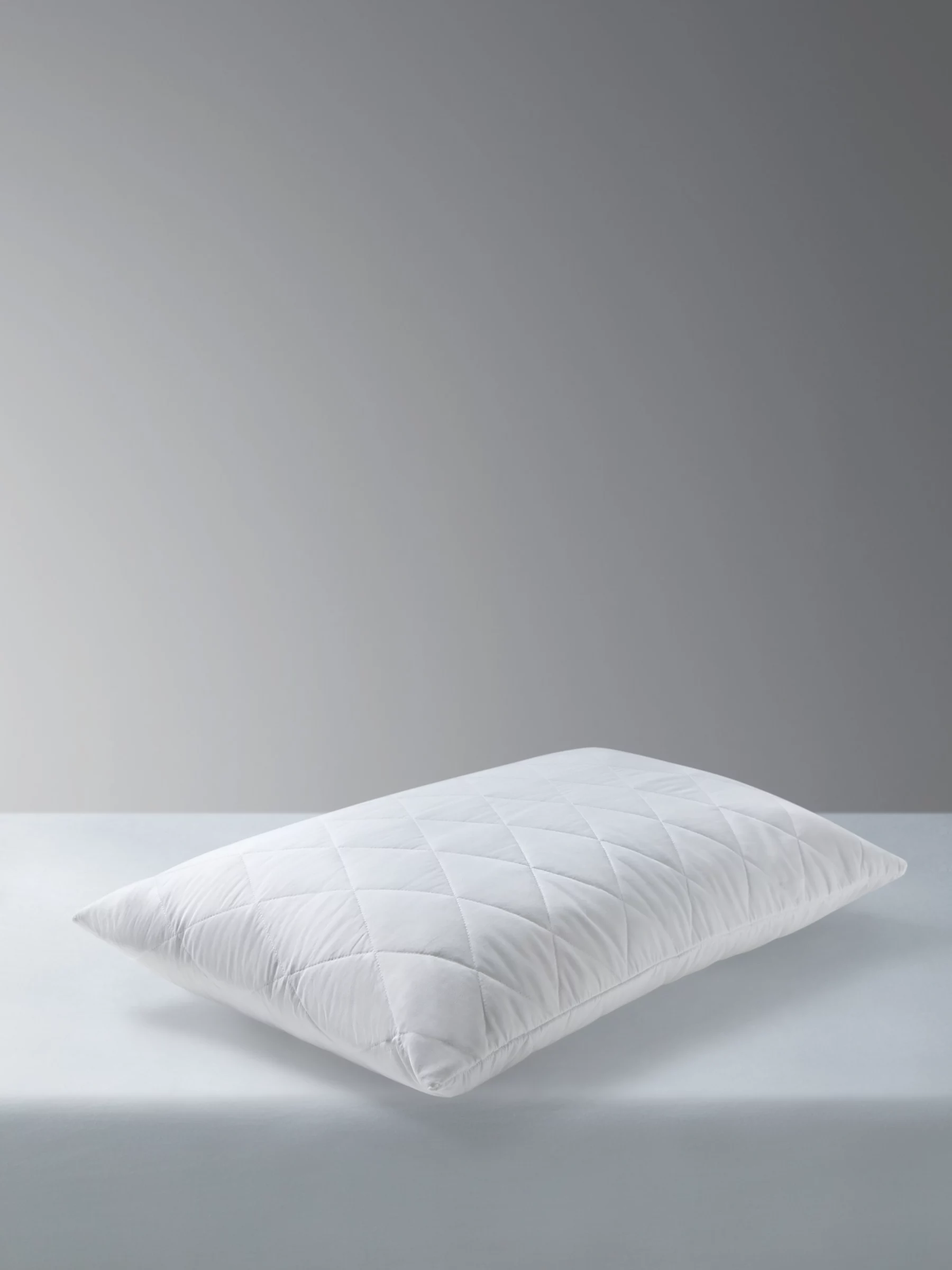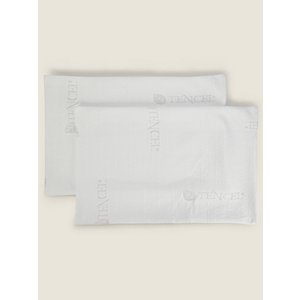Should you buy a pillow protector? Experts explain why you'll always find them in luxury hotels
Experts weigh in on this oft-overlooked piece of bedding and whether it’s a worthwhile addition to your sleep space
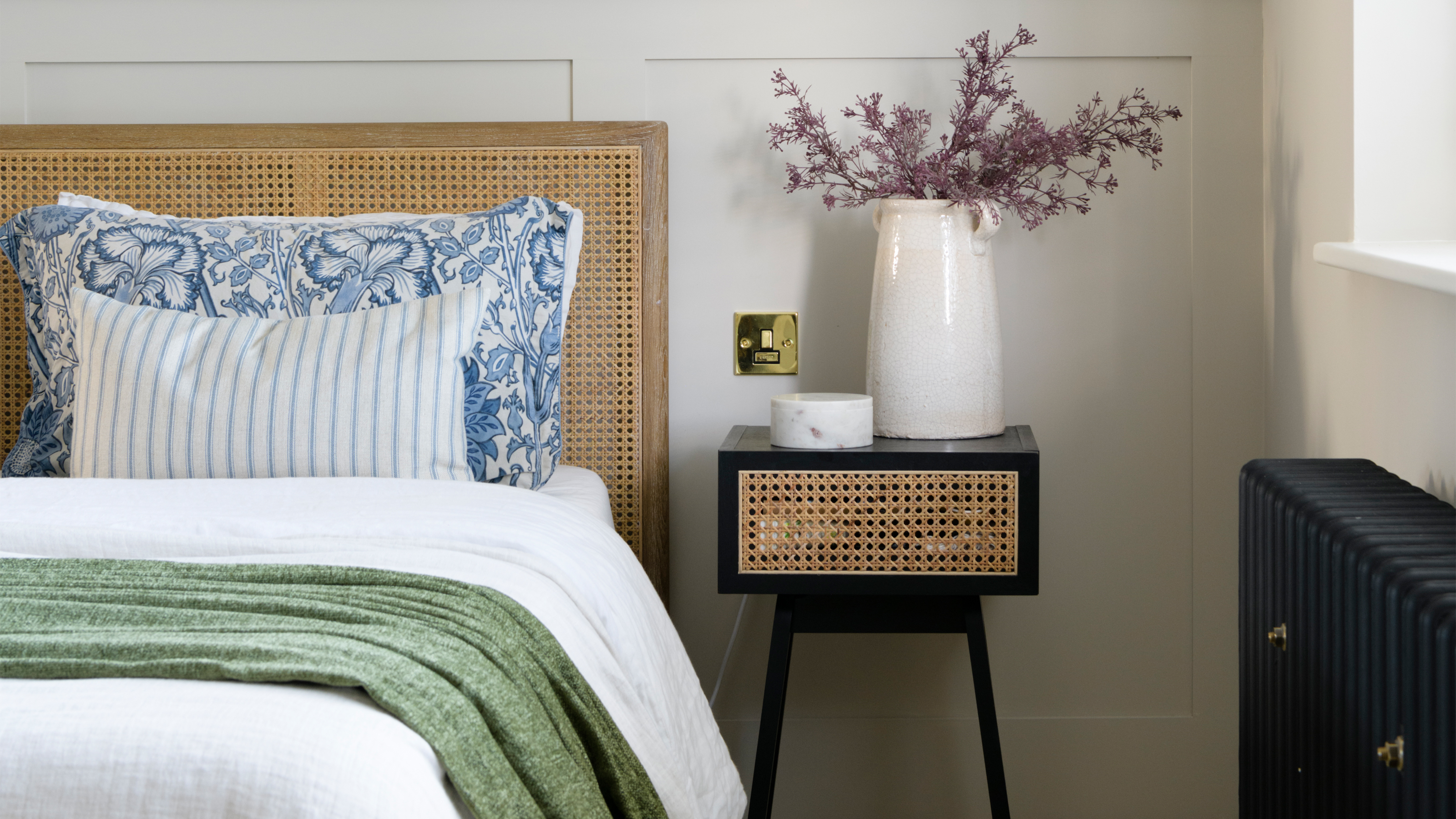
When it comes to bedding, we often focus on buying the fluffiest pillows, the softest sheets, the cosiest duvet, and the covers that nail our bedroom’s aesthetic. But one bedding staple that is often barely an afterthought is the pillow protector.
You might have heard pillow protectors be mentioned in passing or even inadvertently own a couple without giving much thought to the role they play in your sleep and the longevity of your pillows. But if you’ve splurged on the best pillows money can buy, could you be limiting their lifespan and impacting your sleep by not adding a pillow protector?
We spoke with experts to break down what pillow protectors really are, their advantages, cost, and whether they’re worth adding to your bedding lineup so that you can avoid costly pillow-buying mistakes in the future.
What is a pillow protector?
A pillow protector does what it says on the tin, it prevents your pillow from succumbing to wear and tear and is not designed to be used without a pillowcase, rather it should be seen as providing an extra barrier.
Robert Lancaster Gaye, co-founder of Tielle Love Luxury, has provided bed linen to luxury hotels for over 30 years. He explains why 5-star hotels in particular always opt for pillow protectors, ‘The unsightly yellow and brown stains that you can find on pillows at home are caused by dribble – we don’t like to talk about it, but we all do it! The most luxurious and famous five-star hotels can’t risk staining on the pillows in their properties, so they use a pillow protector,’ Robert says.
And if it’s good enough for super-luxe hotels, then perhaps it could elevate your bedding game at home too.
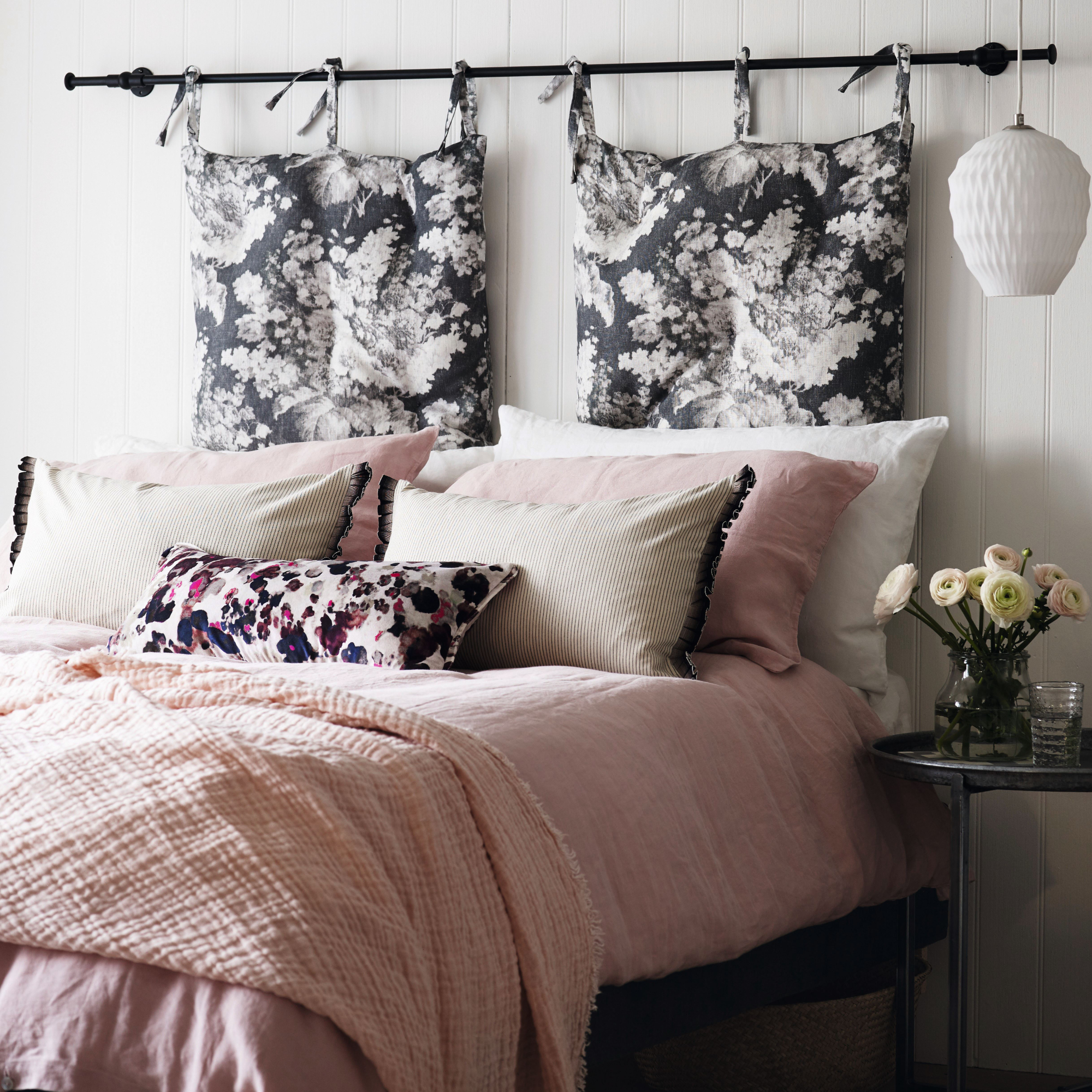
What are the benefits of a pillow protector?
It's not just slumber-induced drool this extra layer of bedding protects against, there are a couple of additional benefits as director of buying at Dreams Beds Fabio Perrotta explains:
Sign up to our newsletter for style inspiration, real homes, project and garden advice and shopping know-how
- Healthier sleep environment: 'Pillow protectors act as a barrier to prevent allergens, such as pollen and dust, from reaching your pillow or disrupting your sleep.'
- Prolonging the life of your pillows: 'A protector acts as protection to the pillow beneath, reducing the effects of wear, discolouration due to sweat and moisture, and the build-up of allergens.’
How much does a pillow protector cost on average?
Pillow protectors start around £5 and can go up to £30 depending on the brand and materials used. Since they’re designed to not only help us sleep better by cutting down on allergens but also reduce how often pillows need to be replaced by protecting them from drool, natural oils and sweat, the investment vs payoff is often worth it.
What should you look for in a pillow protector?
To make sure we’re making the right purchase and avoiding unnecessary pillow-buying mistakes, we ask Sleep.8’s UK Country Manager Musi Chayla for advice on how to choose the right pillow protector. She tells us there are three things to look out for in particular:
- ‘Choose hypoallergenic materials: Opt for pillow protectors made from hypoallergenic materials to create a barrier against dust mites, allergens, and bacteria. This is especially important for people with allergies or sensitive skin.
- ‘Waterproof for added protection: Consider waterproof pillow protectors to safeguard against spills, sweat, and other moisture. These are especially useful for those who experience night sweats or have kids.
- ‘Easy to wash: A good pillow protector should be machine washable. Regular washing can help maintain hygiene and freshness, prolonging the life of your pillow.’
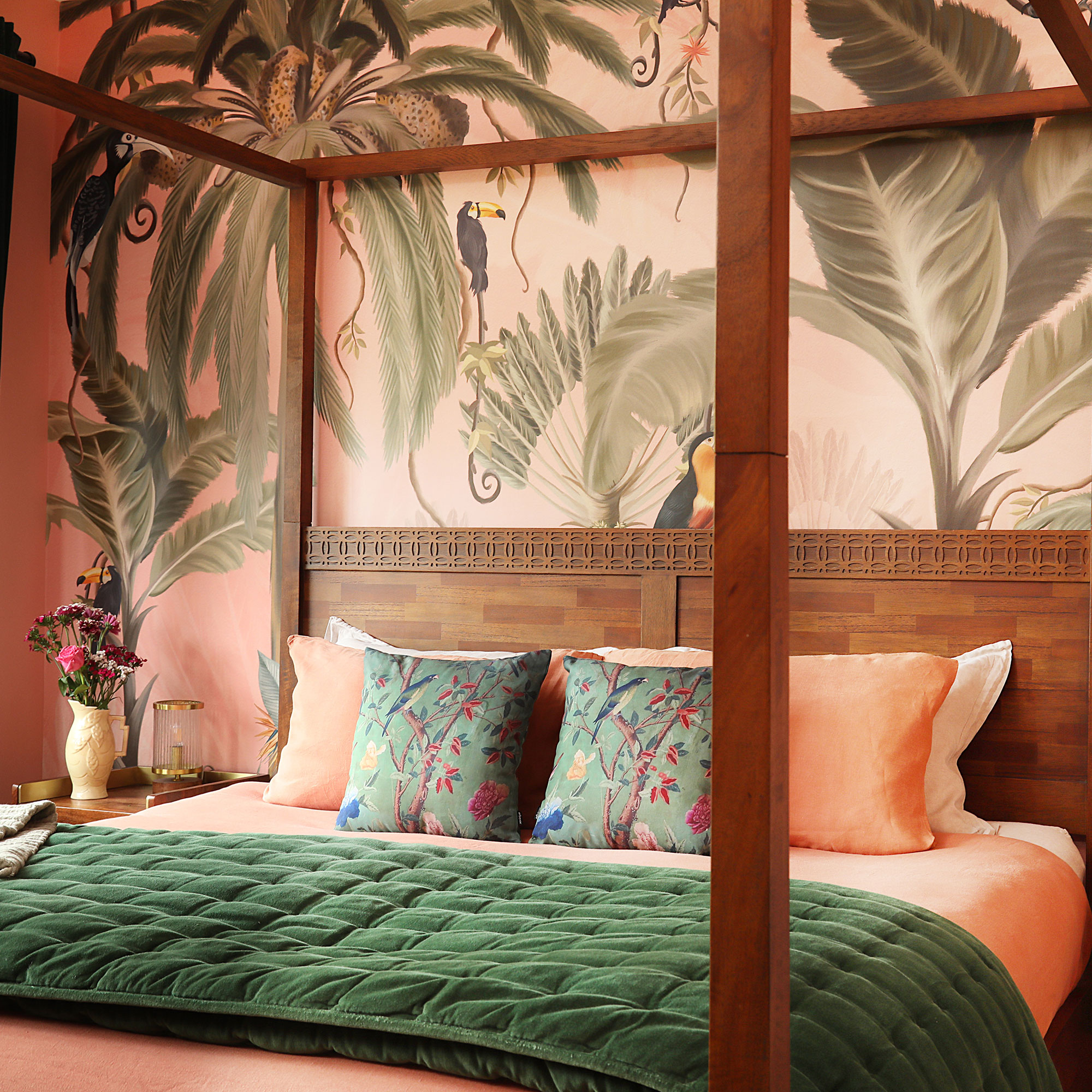
Where can you buy pillow protectors?
Most online and high street shops that are the best places to buy bedding now also offer a range of pillow protectors. Here are our top picks:
FAQs
Are pillow protectors necessary in the UK?
Here in the UK our weather is so changeable, with four seasons in one day not being unheard of, and conditions within our homes can be just as variable. At times our bedrooms can be hot and humid only to be chilly and damp the very next day. Pillow protectors can help with both scenarios by cooling your pillow in the heat and protecting against moisture when the colder months bring condensation and damp.
But, no matter what country you live in, they can work out to be a worthwhile investment. Stephen Goknel, a sleep expert and the founder of Luff Sleep, explains, ‘The most important reason to always have a protective casing on your pillow, between the stuffing and the pillowcase, is to prevent bacteria growing and multiplying within the body of your pillow. Having that extra washable layer between your head and the pillow makes all the difference.’
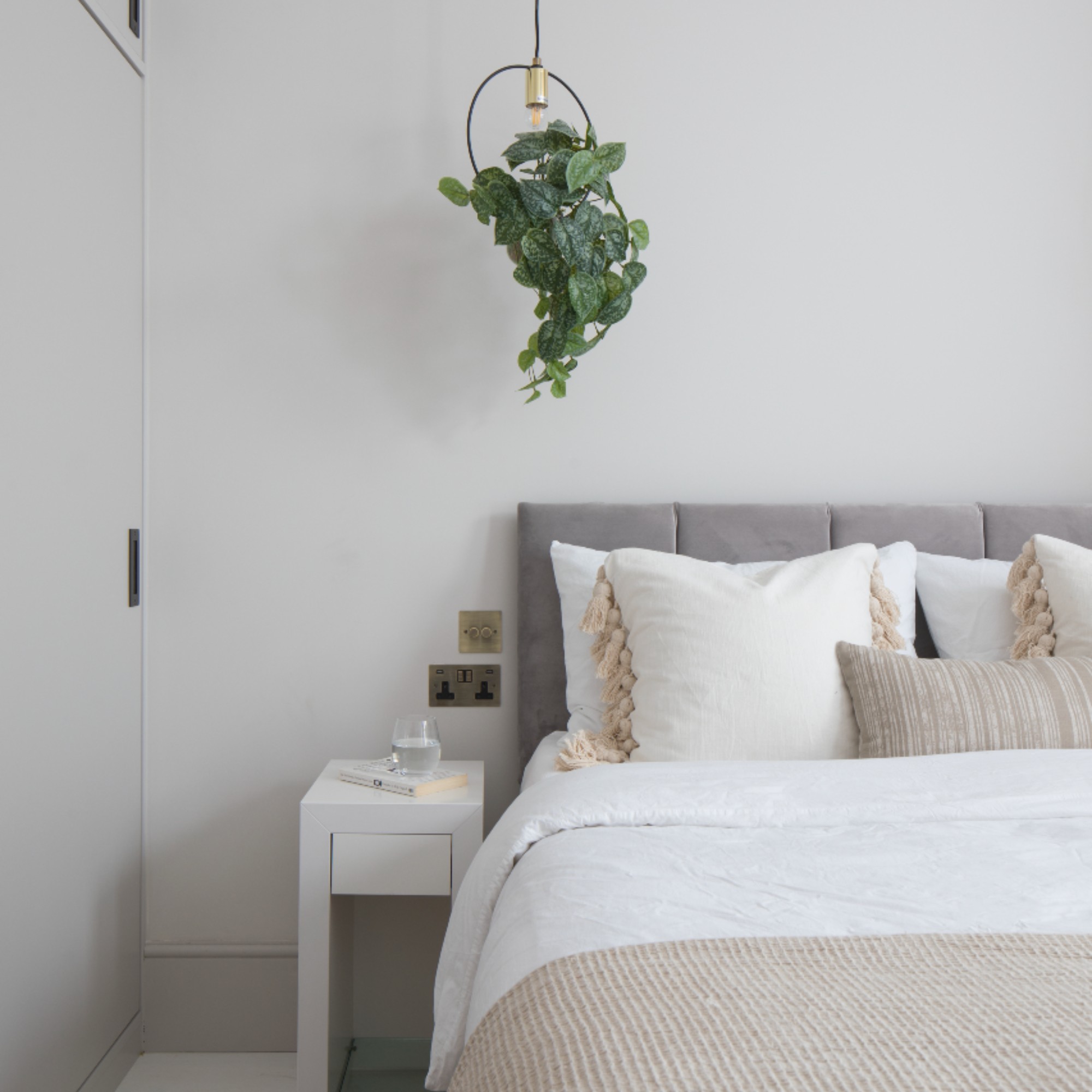
Are you supposed to put a pillowcase over a pillow protector?
Pillowcases and pillow protectors are two very different things as Fabio Perrotta from Dreams Beds explains, ‘A pillow protector does not replace a pillowcase, in fact they serve quite different purposes. Most pillow protectors are discrete, so you would place the pillow protector over your pillow and then put the pillowcase over the top as normal. Where pillowcases serve the simple purpose of covering the physical pillow, pillow protectors are specifically designed as a barrier from sweat, allergens and frequent wear.
So if you're investing in a quality pillow take note and consider investing in a pillow protector.
